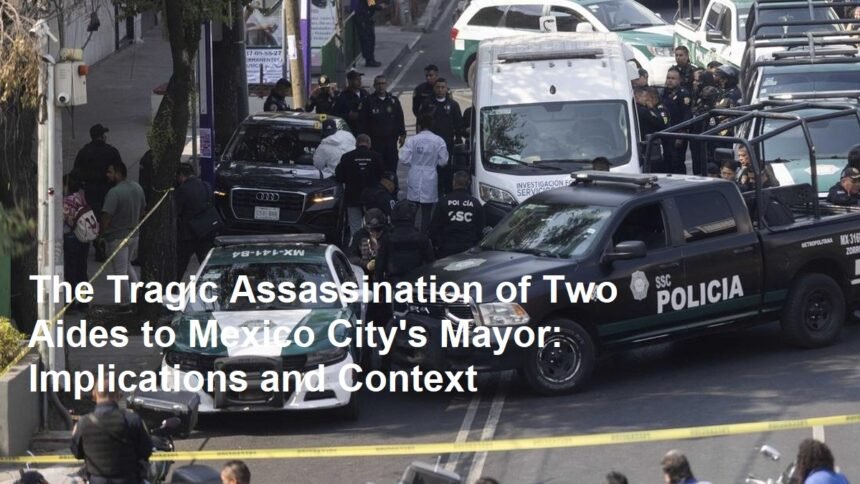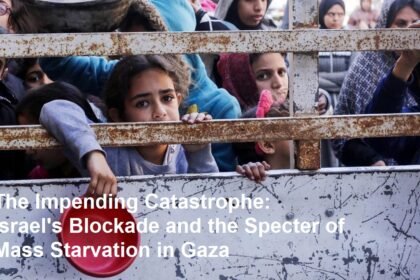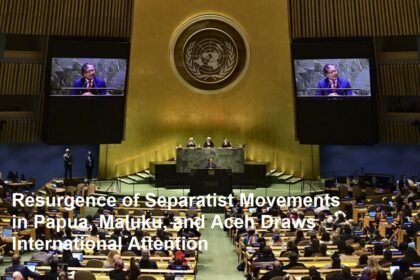On May 20th, a grave incident shook Mexico City when two aides closely associated with the city’s government were brutally murdered. Ximena Guzman, the mayor’s private secretary, and Jose Munoz, an advisor, fell victim to a targeted attack carried out by an armed assailant riding a motorcycle. This tragic event not only highlights the persistent security challenges facing Mexico’s capital but also sheds light on the broader issues of political violence and law enforcement in the country.
The attack occurred during daylight hours on a busy Tuesday, reflecting both the courage and brazenness of the perpetrators. The assailant, armed and highly mobile on a motorcycle, executed the killing with lethal precision before escaping the scene. Such modus operandi is not uncommon in Mexico, where motorcycle-riding gunmen have been implicated in numerous violent acts, including executions related to gang activity, political assassinations, and intimidation tactics.
Ximena Guzman and Jose Munoz were key figures within the mayor’s office. Guzman served as the private secretary to the Mayor of Mexico City, placing her at the center of administrative operations and inner circles of political maneuvering. Munoz, a trusted advisor, contributed to strategic decision-making processes. Their roles inherently made them influential, and by extension, exposed them to potential risks. The murder of two such prominent aides sends a chilling message to political actors and public servants alike, underscoring the dangers they face in their pursuit of governance and reform.
Mexico City, despite being the nation’s political and economic hub, continues to grapple with significant security concerns. Crime rates, particularly violent crimes such as homicides, extortion, and kidnappings, remain alarmingly high. While Mexico has deployed various public safety initiatives and increased police presence in sensitive areas, the persistence of violent acts, such as this assassination, points to deficiencies in intelligence gathering, law enforcement coordination, and protection protocols for government officials.
The motivations behind the killings remain subject to investigation. However, considering the profiles of the victims, the attack may be politically motivated or linked to organized crime seeking to destabilize or intimidate city authorities. Mexico has a long history of criminal organizations exerting influence over public institutions through threats and violence. The murder of government aides can be viewed as an attempt to hinder ongoing reforms or send warnings to those challenging illicit interests.
This incident also raises important questions about the protection of public officials at various levels of government. Although high-ranking politicians often have security details, aides and advisors frequently receive less protection despite their crucial roles. The vulnerability of such personnel not only jeopardizes their safety but also impacts the functioning of government offices, potentially leading to a climate of fear and impeding effective administration.
Furthermore, the public reaction to this assassination underscores widespread concern about safety and the state of governance. Citizens expect their leaders and government representatives to operate in an environment free from intimidation and violence. When attacks of this nature occur, trust in public institutions can erode, fueling political cynicism and weakening democratic processes.
In response to this tragedy, Mexico City authorities pledged to conduct a thorough and swift investigation. Identifying and apprehending the perpetrators is vital not only for delivering justice but also for deterring future attacks. Additionally, this incident might prompt reforms aimed at improving security for government personnel, enhancing intelligence operations, and fostering closer cooperation between municipal, state, and federal law enforcement agencies.
In conclusion, the murder of Ximena Guzman and Jose Munoz represents a dark chapter in the ongoing struggle for safety and stability within Mexico City’s political sphere. It serves as a stark reminder of the challenges faced by public servants and the imperative need for comprehensive strategies to combat violence and protect those dedicated to public service. Addressing these issues is essential to ensuring that Mexico City remains a secure and functional capital where governance can proceed without fear.








